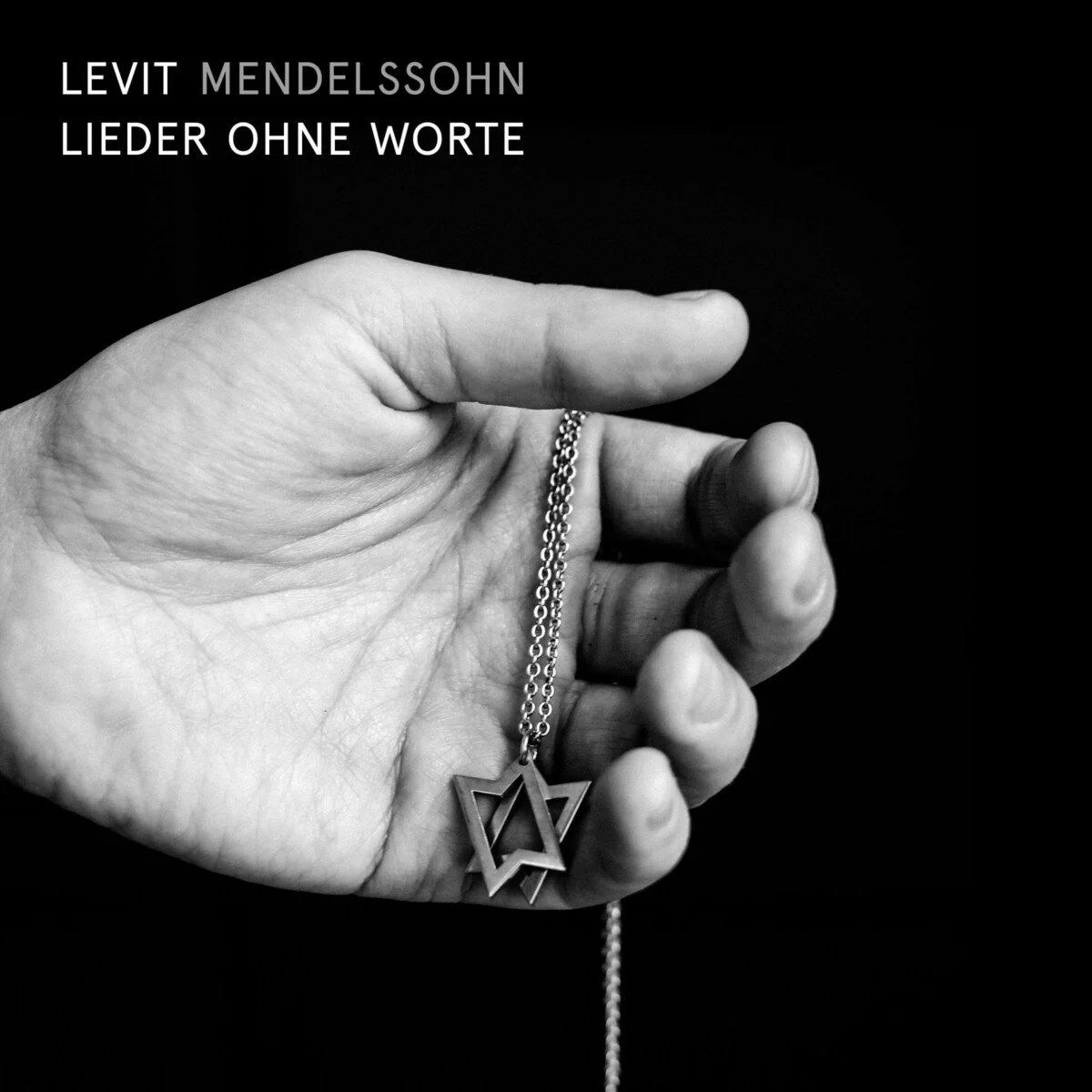German-Russian pianist Igor Levit’s latest work offers an extraordinary response to the 7 October attacks, says David Conway
When a well-meaning acquaintance suggested to Felix Mendelssohn that he would like to provide lyrics to the composer’s Lieder ohne Wörte (Songs without Words), the composer protested. “What the music I love expresses to me is not thought too indefinite to put into words, but, on the contrary, too definite.” Igor Levit’s recital of 14 of these underrated masterpieces, together with the eerie ‘Song of the Madwoman on the Seashore’ by Mendelssohn’s French contemporary and admirer CharlesValentin Alkan, proves this point. The music of these pieces, as played by Levit, and the circumstances in which he made this recording, reveals and provokes emotions that words would obscure.
The only programme note accompanying the CD is Levit’s statement that it was made out of a “very strong inner necessity”. He added: “I spent the weeks after the attack on 7 October in a mixture of speechlessness and total paralysis. At some point, it became clear that I had no other way than to react as an artist. I have the piano. I have my music. [The recording] is my artistic reaction – as a person, as a musician and as a Jew – to what I have felt.”
The proceeds from the record are being donated to charities combatting antisemitism in Berlin, where the musician is now based.
Thus the music must speak for itself, but in a context that Levit has defined; inevitably his selection does not include Mendelssohn’s more light-hearted pieces, and the Alkan piece is heartbreaking.
This is a reflective session, beautifully played, of memory, passion, regret, rage and resignation. The album is without liner-note dates, background to the music or composer or musical analysis. We must take it ‘as it is’, provoking the listener to consider how we listen to music and what we expect from it.
For the Jewish listener there is an additional perspective. Both composers, of course, were Jewish and were of the first generation that launched the very notion of Jews as musicians capable of weaving musical magic in Europe in the 1800s.
As the violence of Hamas paradoxically heralds a new wave of Jew-hatred from some quarters, this music may cause Jewish listeners to reflect on their attachment to European culture across centuries of a sometimes equivocal reception.
By David Conway
Songs Without Words by Igor Levit is out now on Sony Music Classical. igor-levit.com
This article appears in the Spring 2024 issue of JR.


